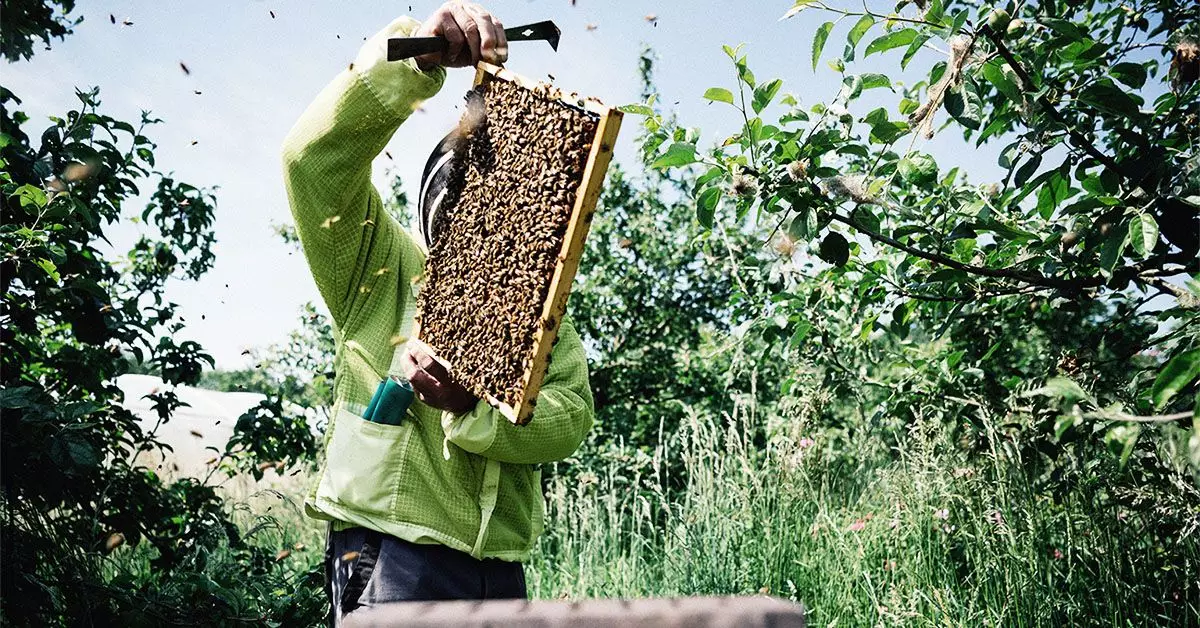The concept of using local honey to alleviate hay fever symptoms has been widely discussed, but the scientific evidence supporting this claim is scarce and inconclusive. While some believe that consuming raw local honey containing traces of pollen can help the immune system build tolerance to pollen, reducing hay fever symptoms, the reality is more complex. The pollens that bees carry to make honey come from flowers, whereas most people with hay fever are allergic to grass pollen. This disparity raises doubts about the effectiveness of all types of local honey for managing hay fever.
A 2020 review highlighted the lack of scientific evidence to support the effectiveness of local honey in managing hay fever. Conducting research specifically on local honey poses challenges due to the varying composition of honey based on geographical location. While some studies have investigated the effects of specific types of honey on allergic reactions, these studies have typically involved small sample sizes, limiting their generalizability to conclude that all local honey can effectively combat hay fever symptoms.
Research on birch pollen honey and Tualang honey has shown promising results in alleviating symptoms related to pollen allergies. A study on birch pollen honey revealed a reduction in symptoms and lower antihistamine usage compared to regular honey among individuals with a birch pollen allergy. On the other hand, a study on Tualang honey demonstrated significant improvement in allergy symptoms for participants with allergic rhinitis, suggesting potential benefits of certain types of honey in managing allergic reactions.
The theory behind using local honey for hay fever is rooted in the principles of immunotherapy, which involves gradually exposing the body to allergens to build tolerance and reduce allergic reactions. However, given that honey predominantly contains flower pollen and not grass pollen, the effectiveness of honey in desensitizing the immune system to hay fever triggers remains questionable. While honey offers some health benefits, its role as an antihistamine is ambiguous and requires further investigation through clinical trials.
Advocates of using raw, unprocessed honey for hay fever treatment emphasize its higher pollen content compared to processed honey. However, consuming raw honey carries risks, especially for individuals with severe pollen allergies who may experience significant reactions. Additionally, both raw and processed honey can harbor Clostridium botulinum spores, potentially causing botulism. Heat-treating and processing honey can reduce these risks, but caution is advised, particularly when considering raw honey for hay fever management.
While the concept of using local honey to alleviate hay fever symptoms is appealing, the lack of robust scientific evidence raises skepticism about its efficacy. Limited studies have indicated potential benefits of certain types of honey in managing specific pollen allergies, but generalizing these findings to all local honey varieties is unwarranted. More research is imperative to understand the extent to which honey can benefit individuals with hay fever. Consulting a healthcare professional before attempting complementary therapies for allergies is essential, and precautions should be taken when considering honey as a treatment option.

